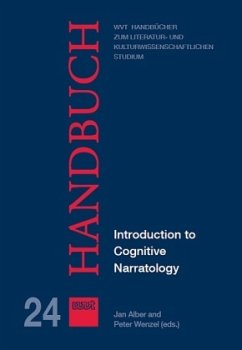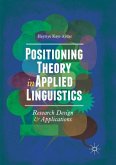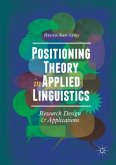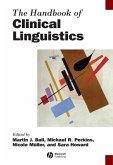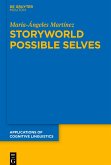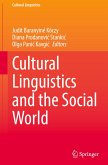Cognitive narratology is an innovative, rapidly developing discipline. Based on cognitive psychology and cognitive linguistics, it tries to describe what happens when readers process (and assign meanings) to narrative texts. It looks at the knowledge structures and emotions that are triggered in this context and asks to what extent they are influenced by real-life experiences and diversifying cultural models.
Outlining the principles of the new approach, the present handbook by teachers and young researchers at the English Department of RWTH Aachen University and the Aachen Center for Cognitive and Empirical Literary Studies (ACCELS) revises and extends earlier structuralist models (which tried to identify structures shared by all narratives, thus remaining too static and general) and opens up new perspectives by employing more process-oriented and individuating methodologies. The benefits of cognitive narratology are elucidated in nine chapters, focussingon its general assumptions, concepts and innovating effects on various relevant fields of narratology (such as the analysis of characters, space, time, plot, narrative situations, unreliability and difficult narratives).
Apart from providing a comprehensive bibliography and toolkits of questions for pursuing the new approach, the volume in each chapter also discusses the question of how its hypotheses can be tested in the context of empirical investigations. Since one needs to understand what actual (flesh-and-blood) readers do when they process narratives, the project of cognitive narratology will be most effective if it is combined with an empirical outlook.
TABLE OF CONTENTS
I. What Is Cognitive Narratology? 1
JAN ALBER
II. Cognitive Approaches to Narrative - Mapping the Field 21
SVEN STRASEN
III. Characters - A Cognitive Perspective 43
JULIA VAEßEN
IV. Space 65
JUDITH ECKENHOFF AND KAI TAN
V. Time and the Experience of Narrative 95
RALF SCHNEIDER
VI. Plot 119
DEBORAH DE MUIJNCK, FRANCESCA WESSING, NALIN CAMUR
AND LINDA WETZEL
VII. Narrative Situations 143
PETER WENZEL
VIII. Unreliable Narration from a Cognitive-Narratological Perspective 169
JESSICA JUMPERTZ AND FRANZISKA VON MEER
IX. Cognitive Challenges: Difficult Narratives 191
JAN ALBER AND CLARISSA VON MEER
X. Bibliography 213
XI. Index 249
Outlining the principles of the new approach, the present handbook by teachers and young researchers at the English Department of RWTH Aachen University and the Aachen Center for Cognitive and Empirical Literary Studies (ACCELS) revises and extends earlier structuralist models (which tried to identify structures shared by all narratives, thus remaining too static and general) and opens up new perspectives by employing more process-oriented and individuating methodologies. The benefits of cognitive narratology are elucidated in nine chapters, focussingon its general assumptions, concepts and innovating effects on various relevant fields of narratology (such as the analysis of characters, space, time, plot, narrative situations, unreliability and difficult narratives).
Apart from providing a comprehensive bibliography and toolkits of questions for pursuing the new approach, the volume in each chapter also discusses the question of how its hypotheses can be tested in the context of empirical investigations. Since one needs to understand what actual (flesh-and-blood) readers do when they process narratives, the project of cognitive narratology will be most effective if it is combined with an empirical outlook.
TABLE OF CONTENTS
I. What Is Cognitive Narratology? 1
JAN ALBER
II. Cognitive Approaches to Narrative - Mapping the Field 21
SVEN STRASEN
III. Characters - A Cognitive Perspective 43
JULIA VAEßEN
IV. Space 65
JUDITH ECKENHOFF AND KAI TAN
V. Time and the Experience of Narrative 95
RALF SCHNEIDER
VI. Plot 119
DEBORAH DE MUIJNCK, FRANCESCA WESSING, NALIN CAMUR
AND LINDA WETZEL
VII. Narrative Situations 143
PETER WENZEL
VIII. Unreliable Narration from a Cognitive-Narratological Perspective 169
JESSICA JUMPERTZ AND FRANZISKA VON MEER
IX. Cognitive Challenges: Difficult Narratives 191
JAN ALBER AND CLARISSA VON MEER
X. Bibliography 213
XI. Index 249

